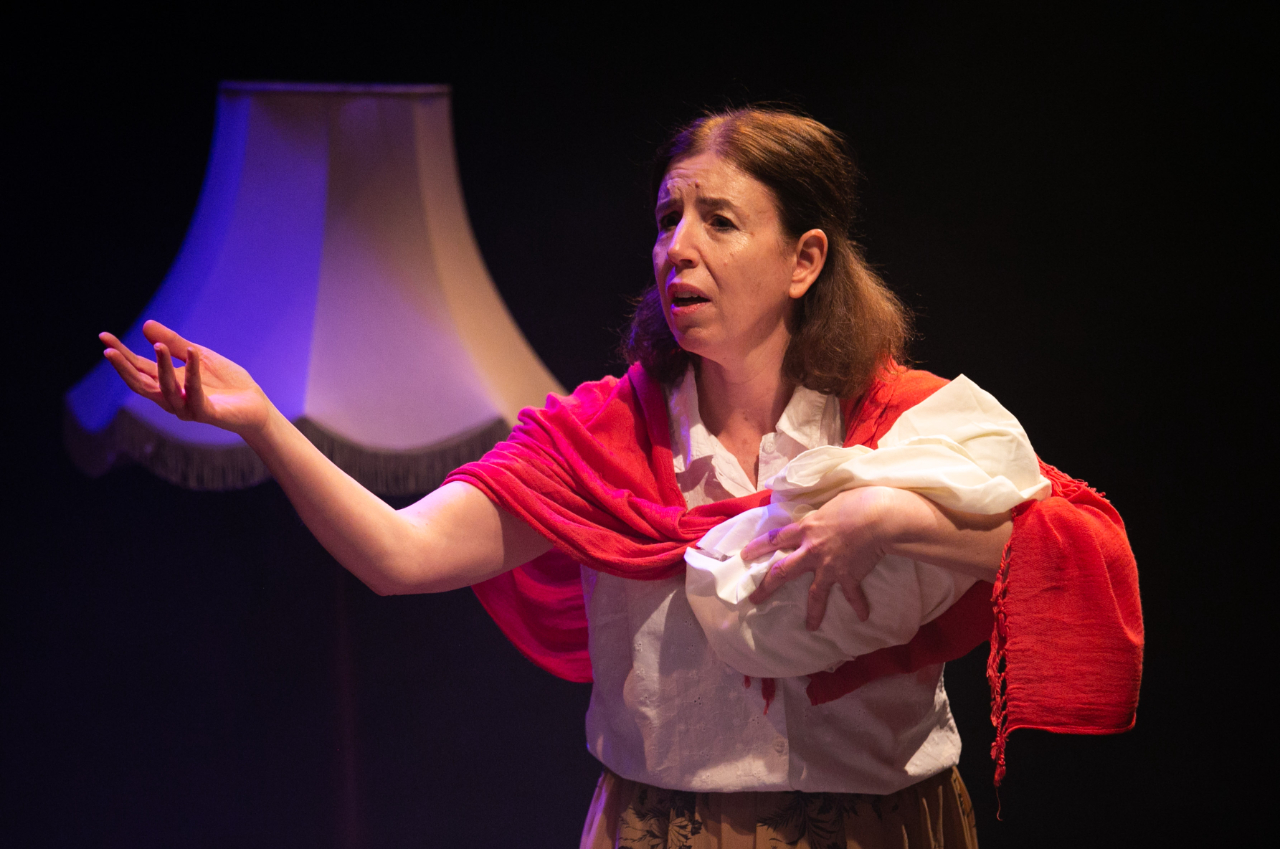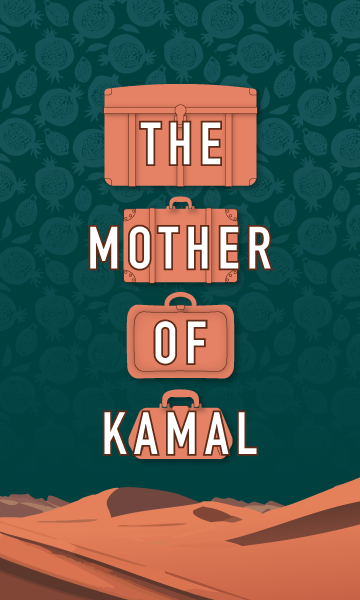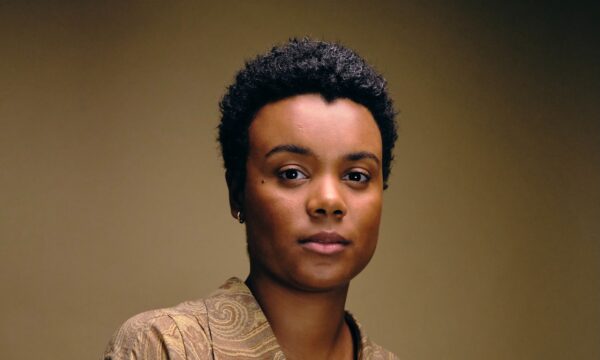The Mother of Kamal at Upstairs at the Gatehouse

Once, there was no social distinction between Arabs and Jews in Iraq: Jews were integrated into Iraqi society, many with careers in culture, business, medicine, science and even the government. That was until 1941, when World War II sent thunderous reverberations across the world, and a pro-German and Nazi-sympathising regime came into power in Iraq. From there, the relationship between Jews and Arabs became strained; Jews were alienated, persecuted and exiled. It’s against this backdrop that the stage of The Mother of Kamal is set. Jewish mother Um-Kamal fears for her two sons, Kamal and Sasson. Both have been imprisoned by the secret police. In hopes of freeing them, she seeks help from the district attorney. This choice of hers leads to severe consequences that separate different members of her family continents apart.
White lies and omission of the truth are the foundation of the play and a prominent part of Um-Kamal’s character. She is constantly making false promises and spouting little white lies. They range from telling her son Kamal that he’ll grow up to have blonde hair if he lays beside his baby brother Sasson’s blonde head, to prophesising to a friend who was told she would never get pregnant that she will one day carry a child of her own. It’s this character trait that signals to the audience a secret she carries within that will later catalyse the destruction of her sons’ relationship with each other. Dina Ibrahim’s portrayal of Um-Kamal is at its strongest when interacting with the other characters, specifically during the most emotional moments of the play. It is then that she demonstrates well this specific flaw of Um-Kamal.
The production interweaves interpretive dance to do several different things. Firstly, it’s to relay emotions and forward the narrative. Second of all, it acts as transitions in between sequences, such as the passage of time or to move from one character’s perspective to another. Finally, it’s there in place of heavy-duty action scenes such as elaborate fights or Sasson’s torturous life in prison. These performances add movement and flair to a dialogue-heavy script. Lighting is used to separate reality from illusions and memories, and the split stage allows for parallel events to take place – the most prominent instance being when Sasson sacrifices himself in prison for his brother and the choice Um-Kamal has between which son she must save. These split-stage moments of two conversations happening at the same time present two versions of the truth, each from the perspective of different characters. Each individual’s perspective of these events and the past will later shape their future development.
These varying points of view explore several other themes. One is the burden the eldest sibling carries to be the one to protect and provide for the family. The reversal between Kamal and Sasson – in which Sasson sacrifices himself for Kamal – is an interesting dynamic: it defines an initial fracture that even years of atonement cannot mend. Another important theme is the strength in family, such as the sacrifices a person makes for the people they love and the consequences of that love. Lastly, it’s about identity, and how one’s environment can warp their perception of who they are and what they need to be. As Um-Kamal says, “Don’t be hard on yourselves, there are people who will do it for you.”
As timely as The Mother of Kamal is with its themes of division between religions, it also presents timeless lessons that viewers can carry into their everyday lives. While it’s not a perfect exploration of any of these topics and there’s room for more nuanced discussions, it’s still a creative piece well worth the watch.
Mae Trumata
Images: Gary Manhine
The Mother of Kamal is at Upstairs at the Gatehouse from 19th until 28th January 2024. For further information or to book visit the theatre’s website here.


























Facebook
Twitter
Instagram
YouTube
RSS